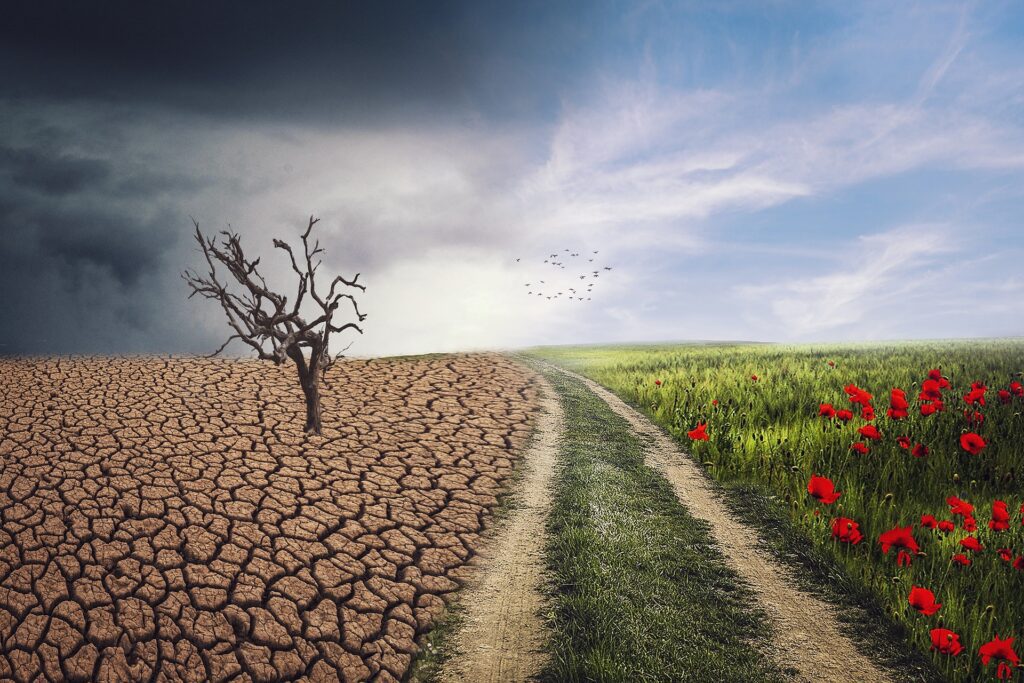
Saturday, 15th March 2025

By an African Climate Negotiator,
“We are the least polluters yet suffer the most.” This refrain captures Africa’s stance in global climate talks. Africa contributes only about 3-4% of global CO2 emissions, but Africans are on the frontlines of climate impacts – from the deadly droughts in the Horn to catastrophic cyclones in Mozambique and Malawi. Is the world listening to Africa’s plea for climate justice? At COP27 in Egypt (2022), developing nations won a landmark agreement on a Loss and Damage fund to help vulnerable countries cope with climate-inflicted losses.
This was a testament to African and allied negotiators’ persistence. But as of early 2025, turning that promise into reality – actual finance flowing – remains fraught. Meanwhile, climate finance for mitigation and adaptation is still a trickle compared to needs; the $100 billion per year pledge by rich countries (due by 2020) remains unfulfilled
Africans are frustrated: why should African farmers pay for insurance against drought that industrialized nations’ emissions are largely causing? The concept of climate justice argues they shouldn’t – that the polluter must pay. Yet global politics often reduce this to charity rather than liability. Africa’s fight is also internal: balancing development with green responsibility. African leaders assert their right to use natural gas and other resources to develop (as stated in the AU’s common position), even as they ramp up renewables.
It’s a fair argument: without energy access, Africa can’t progress, and forcing a premature leap to 100% renewables in poverty-stricken countries can be unjust too. The way forward is nuanced – a just transition for Africa that might include using gas as a bridge and massive support for renewable expansion (Africa has 60% of world’s best solar resources but scant solar capacity installed). In the court of global opinion, Africa holds a moral high ground on climate. But justice delayed is justice denied. It’s time the world’s biggest emitters acknowledge the climate debt owed and act – not out of charity, but duty.


